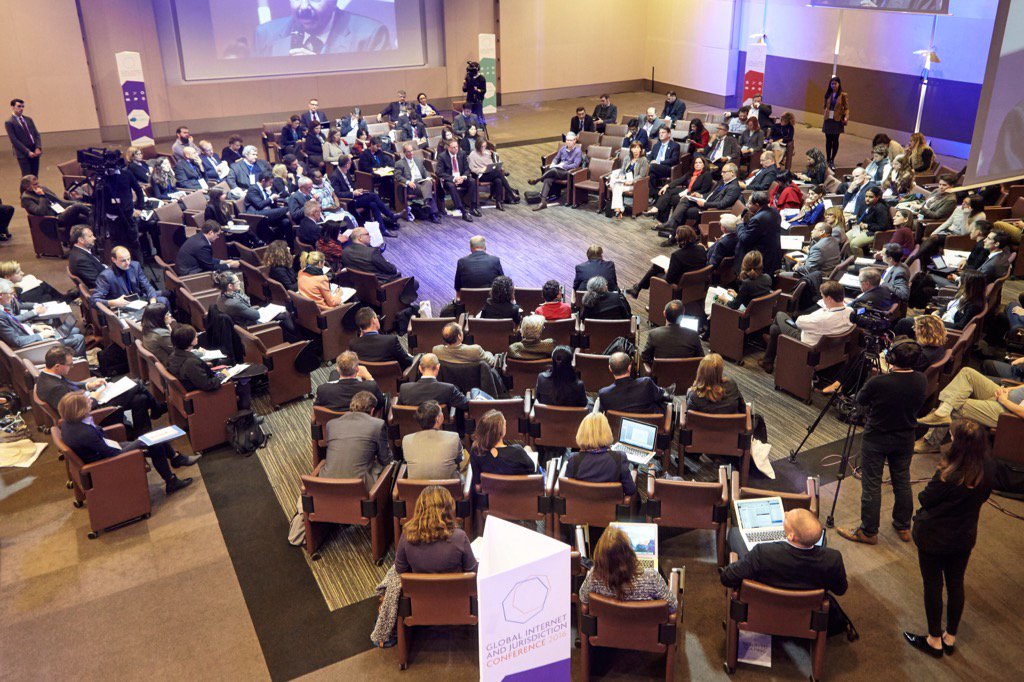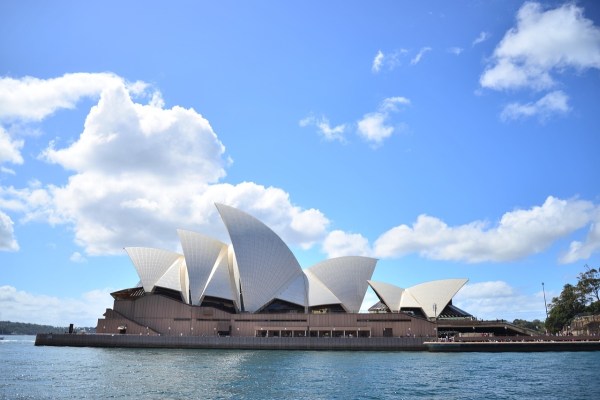 Is the global, open Internet moving away from a network of networks that is universally interoperate to a series of networks fragmented along policy, legal, technical and economic lines?
Is the global, open Internet moving away from a network of networks that is universally interoperate to a series of networks fragmented along policy, legal, technical and economic lines?
Nowadays we are facing an important choice between two different paths forwards. One path leads to an open trusted Internet and all the cultural, social and economic benefits it brings, and the other one leads to an untrusted and increasingly close off network that fails to drive growth and remains vulnerable to threats from outside.
In order to enable the necessary transnational cooperation that could avoid the increasing tensions concerning the application of different national laws, the Internet & Jurisdiction policy network, born in 2012, organized last November 14th, 15th and 16th in Paris a multistakeholder Conference.
Both founders, Bertrand de La Chapelle and Paul Fehlinguer, with many years of experience in Internet governance affairs, successfully gathered around the Ministerial Conference Center (generously provided by the French Ministry of Foreign Affairs) key representatives stakeholders from states, Internet platforms, technical operators, civil society, academia and international organizations on an equal footing.
Two and a half intense days working together from the collaborative approach to identify main issues and aimed to develop operational solutions to the jurisdictional challenges on the table.
The conference has been prepared through a series of reports and international meetings throughout 2016, and revolved around three Workstreams: Data & Jurisdiction; Content & Jurisdiction and Domains & Jurisdiction.
Jurisdiction on the Internet has become a core concern at the intersection of human rights, the global digital economy and also security. Discussions and reform initiatives addressing this issue have emerged around the world in recent years, involving numerous policy silos and a multiplicity of actors that intervene in this debate.
As connectivity and Internet penetration has been increasing so do the conflicts between jurisdictions, in particular regarding transborder legal cooperation and access to user data, because of the cross-border nature of the Internet.
While many industries have generated billions of dollars collecting a vast amount of personal data online, advocates and civil rights associations around the world are up in warning about the consequences of lack of privacy if breaches appear as governments are crafting new rules addressing how this digital data shall be collected, stored and sold.
How to determine the applicable laws when interactions are transnational is becoming difficult as the current system is based on a patchwork of national jurisdictions that hinder how to determine it: where is located the Internet user, the servers that store the data, the Internet company that runs the server, the offense is done,…
In order to work around the westphalian territorial barriers that underpin interactions between different nations; not only the Internet infrastructure will be affected if nothing is done (or if the actions are taken according to a unilateral view), citizens will suffer severe consequences on their digital economy, security or human rights.
Internet and Jurisdiction keeps track of global trends with an observatory participating in an international network of academics from leading institutions and research centers around the world, we invite you to read.
Telefónica, interested in this crucial debate for the future of Internet, assisted and participated in the Conference joining a solution that will ensure legal interoperability and due process across borders. Demanding innovative mechanisms to solve jurisdiction conflicts requires cooperation among all stakeholders to preserve the global character of Internet while respecting national laws.






